If you’ve been snorkeling recently and are suffering from a sinus infection, you might be wondering if there is a connection.
Could the fun day you spent exploring the underwater world be the cause of your pain?
An infection could occur either from inhaling seawater or from a pressure-related injury from duck diving.
Thankfully we’re going to see that sinus infections from snorkeling are pretty rare.
We’re going to show you exactly how a sinus infection could occur and what you can do to try and prevent them.
- 2 Reasons How Snorkeling Can Cause a Sinus Infection
- 1. Inhaling Seawater
- 2. A Pressure Injury From Duck Diving
- Isn’t Salt Water Good Against Sinus Infections?
- Is It Common for Snorkelers To Get a Sinus Infection?
- What Should I Do if I Notice Sinus Problems While Snorkeling?
- How Can I Tell if the Infection Was Caused by Snorkeling?
- 9 Tips To Avoid a Sinus Infection When Snorkeling
- Is It OK to Snorkel With a Sinus Infection?
- Conclusion
- You Might Also Like…
Disclosure: this post contains affiliate links (clearly marked with ), which means we may earn a commission if you buy something through them, at no additional cost to you.
2 Reasons How Snorkeling Can Cause a Sinus Infection
A sinus infection, also called sinusitis, causes your sinuses to get swollen and inflamed.
The main sinuses are four connected air spaces inside your head.
There are two above the eyes (the frontal sinuses) and two below (the maxial sinuses).
Usually, natural fluid drains from these spaces.
However, if fluid collects for some reason, bacteria start to grow, and the sinuses get infected.
It’s common for the infection to spread to the nose tissues causing rhinosinusitis.
Sinusitis can be caused in several ways, most commonly by a virus.
It can also be caused by bacterial and fungal infections, allergies, tooth infections, and nasal polyps.
Sinus infections need to be treated by a doctor.
Symptoms include headaches, in particular, pain above and below the eyes and behind the nose.
You might also get a large amount of nasal congestion or discharge, a sore throat, a cough, earaches, and jaw aches.
1. Inhaling Seawater
If you inhale seawater when snorkeling, it can get into your sinuses and cause inflammation and infection.
When seawater enters the sinuses, it causes the soft tissues to swell and become inflamed.
This can create spaces for bacteria to grow and cause an infection even if the seawater is clean.
However, it is unfortunately common in areas, particularly where there is a lot of tourism, for the seawater to be relatively polluted.
The bacteria in the seawater can make a sinus infection more likely.
Similarly, chlorine in swimming pool water can irritate sinus tissues, making them significantly inflamed, resulting in an infection.
2. A Pressure Injury From Duck Diving
When you duck dive underwater, you need to equalize your ear and sinus air spaces.
As soon as you leave the surface, the surrounding water pressure starts to increase.
This pressure will compress the air spaces in your body unless you equalize them.
If you don’t equalize your ears, you’ll feel pain as your inner ear space compresses, and your eardrum is pushed in by the water pressure.
You will also feel pain in your sinuses as the air inside them is compressed.
The resulting injuries are called barotraumas (pressure-related injuries).
When a sinus squeeze occurs, fluid enters the sinus spaces to respond to the compression of the air.
This fluid collects in the sinuses and creates inflammation and infection.
If you experience a runny, or in particular, a bloody nose after duck diving, then a sinus squeeze has likely taken place, and you might get an infection.
Isn’t Salt Water Good Against Sinus Infections?
Saline rinses are commonly used to treat sinus blockages and allergies.
However, these are done using carefully measured doses of sterile salt so as not to cause excessive irritation.
In addition, sterilized water must be used so that you’re not introducing bacteria into the sinuses that you’re trying to help.
Rinsing sinuses with strong and polluted seawater is likely to cause irritation, which can cause infection and introduce bacteria.
Is It Common for Snorkelers To Get a Sinus Infection?
Sinus infections are not especially common given the significant number of people that enjoy snorkeling every year.
However, they will probably occur more in beginners or weaker swimmers as they are more likely to have problems with the equipment in the water.
Someone who isn’t comfortable or completely competent is more likely to end up inhaling water.
In addition, a beginner is more likely to duck dive without having become proficient at equalization.
New snorkelers should follow our 12 tips for beginners to gain experience and comfort.
What Should I Do if I Notice Sinus Problems While Snorkeling?
If you start to feel discomfort or a runny nose when snorkeling, it’s best to get out of the water.
The horizontal position when you’re snorkeling can make it harder for the liquid to drain from your sinuses, so staying in the water is only going to make things worse.
How Can I Tell if the Infection Was Caused by Snorkeling?
It is hard to say for sure if your infection was caused by snorkeling, but it is possible if you inhaled some saltwater.
However, if you experienced pain during or after duck diving, and in particular, had a bloody nose, then you likely suffered a sinus barotrauma which will probably cause an infection.
9 Tips To Avoid a Sinus Infection When Snorkeling
1. Get Comfortable With Your Equipment
Inexperienced snorkelers are more likely to have issues in the water that could cause them to inhale saltwater.
Start in easy conditions and gain confidence, and you’ll be less likely to have problems.
2. Get a Mask That Fits and Keep it On
Having your own mask means it’s less likely to leak, so you won’t get seawater up your nose.
You should try and keep your mask on all the time you are in the water to make it less likely that you will inhale anything.
3. Duck Dive Slow and Cautiously
Duck diving can be great fun, however, you should start slowly until you have learned to equalize successfully.
If you feel pain in your sinuses or ears, then stop duck diving to reduce the chance that you’ll get an infection.
4. Be Aware of the Effects of the Cold
Getting cold can cause your sinuses to be more sensitive, so wear suitable thermal protection and get out of the water if you start to get cold.
5. Don’t Snorkel if You’re Sick
If you’re sick already, then you are much more likely to end up with an infection if you inhale some seawater or suffer a barotrauma as your immune system will already be weakened.
If you are suffering from a cold or similar, then the horizontal position when you snorkel can cause liquid to pool in your sinuses and congestion to get worse, which could cause an infection.
6. Avoid the Swimming Pool
Highly chlorinated swimming pools can irritate your sinuses.
If you are sensitive, it might be best to avoid the swimming pool until you’ve enjoyed your snorkeling.
7. Stay Hydrated
Staying well-hydrated is always important.
Drinking hot drinks like herbal teas and soups can help to keep your sinuses clear.
Remember that alcohol and caffeinated drinks can dehydrate you, which could make sinus infections more likely.
8. Sleep Well
Making sure you get a good night’s sleep helps your body be in peak condition and makes infections less likely.
9. Breathe Fresh Air
Make sure that you breathe fresh air before and after snorkeling.
Avoid boat exhaust fumes and cigarette smoke.
Is It OK to Snorkel With a Sinus Infection?
If you snorkel when you have a sinus infection, it may get worse.
- The horizontal position when snorkeling makes it harder for fluids to clear from your sinuses
- Cold water can cause further sinus inflammation
- If you do inhale seawater or get a barotrauma from duck diving, you’ll probably make the infection last longer
It’s best to let your sinus infection clear before snorkeling to avoid further problems.
Conclusion
While it is possible to get a sinus infection from snorkeling, they are not common.
Inhaling seawater can cause an infection by inflaming the sinus tissues or by introducing bacteria.
Getting a well-fitting mask and keeping it on while in the water can help stop you from inhaling seawater.
It is also possible to get sinus infections if you don’t equalize successfully while duck diving.
Make sure that you duck dive cautiously and if you feel any pain, stay on the surface.
If you do get a sinus infection, then you’ll need to see a doctor for suitable treatment, and it’s best to stay out of the water until it’s cleared up.
You Might Also Like…
-

Can You Drown Snorkeling? 11 Common Reasons (+Helpful Tips)
-

Can I Use Snorkeling Fins for Bodyboarding? Pros & Cons (+6 Tips)
-

What Colors to Avoid When Snorkeling? (& Which You Should Wear)
-

Is It Safe to Fly After Snorkeling? What You Should Know (+4 Tips)
-
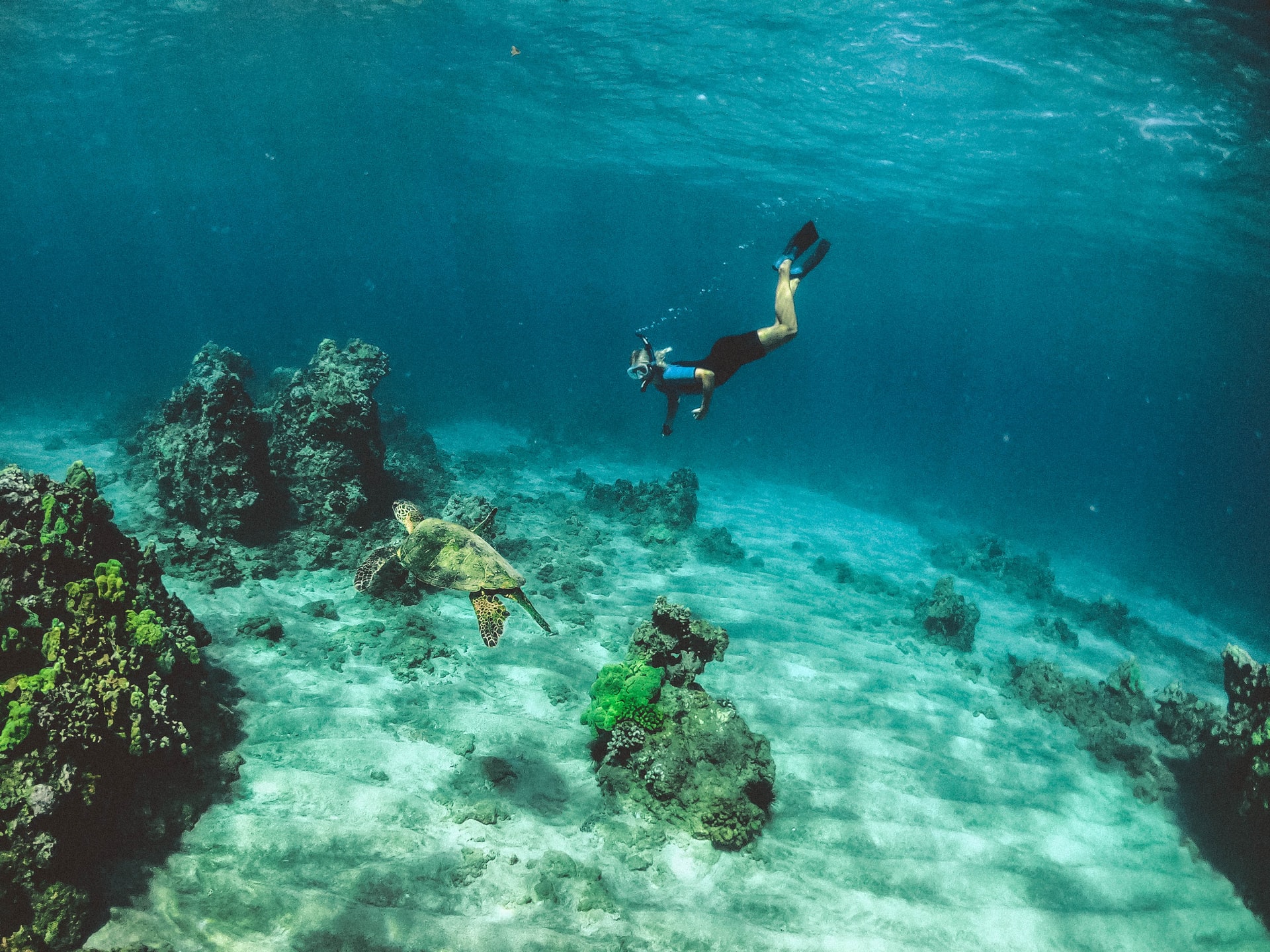
Can’t Hear After Snorkeling? 3 Possible Causes (& Solutions)
-
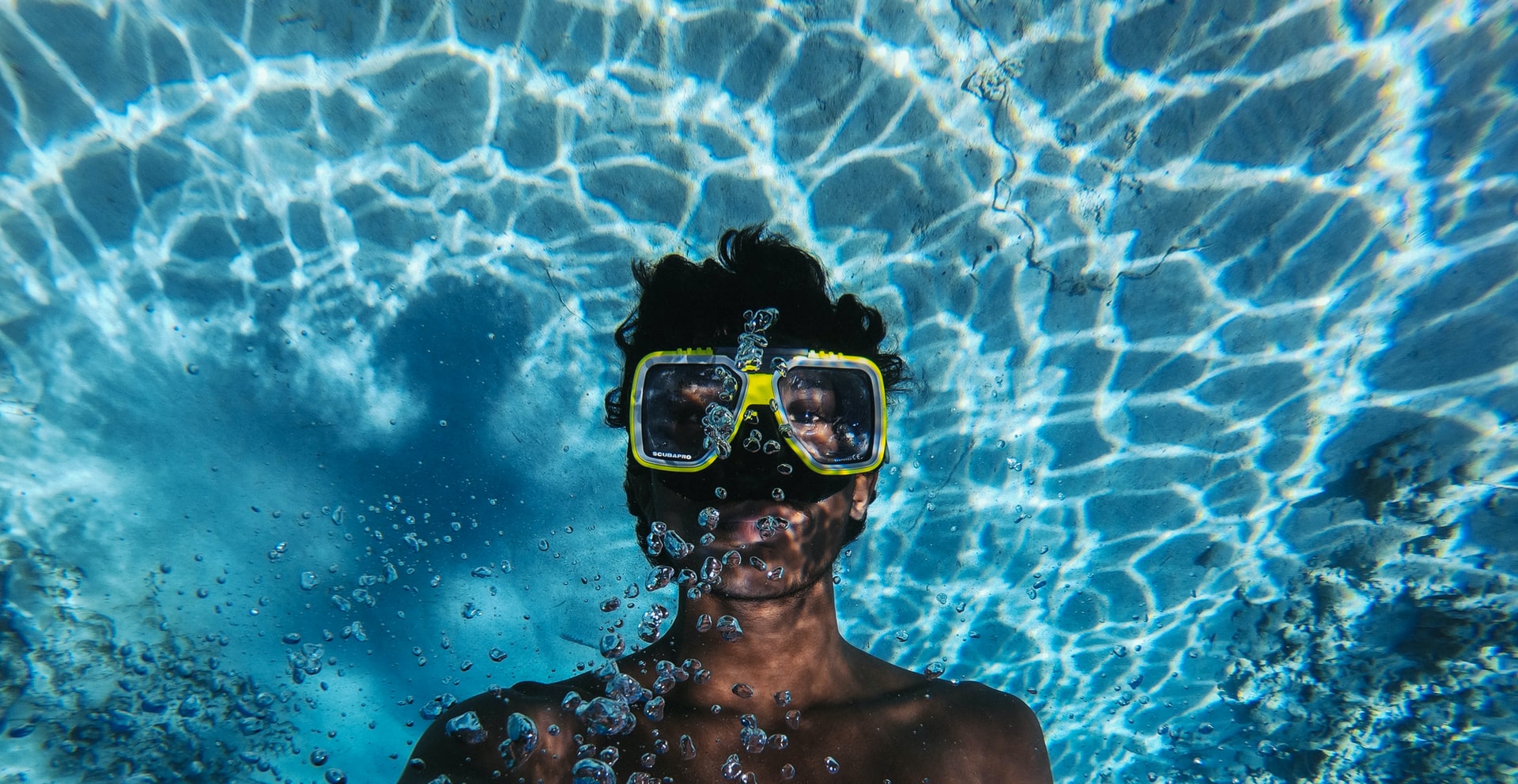
Can Snorkeling Cause a Sinus Infection? (+9 Tips to Avoid It)
-
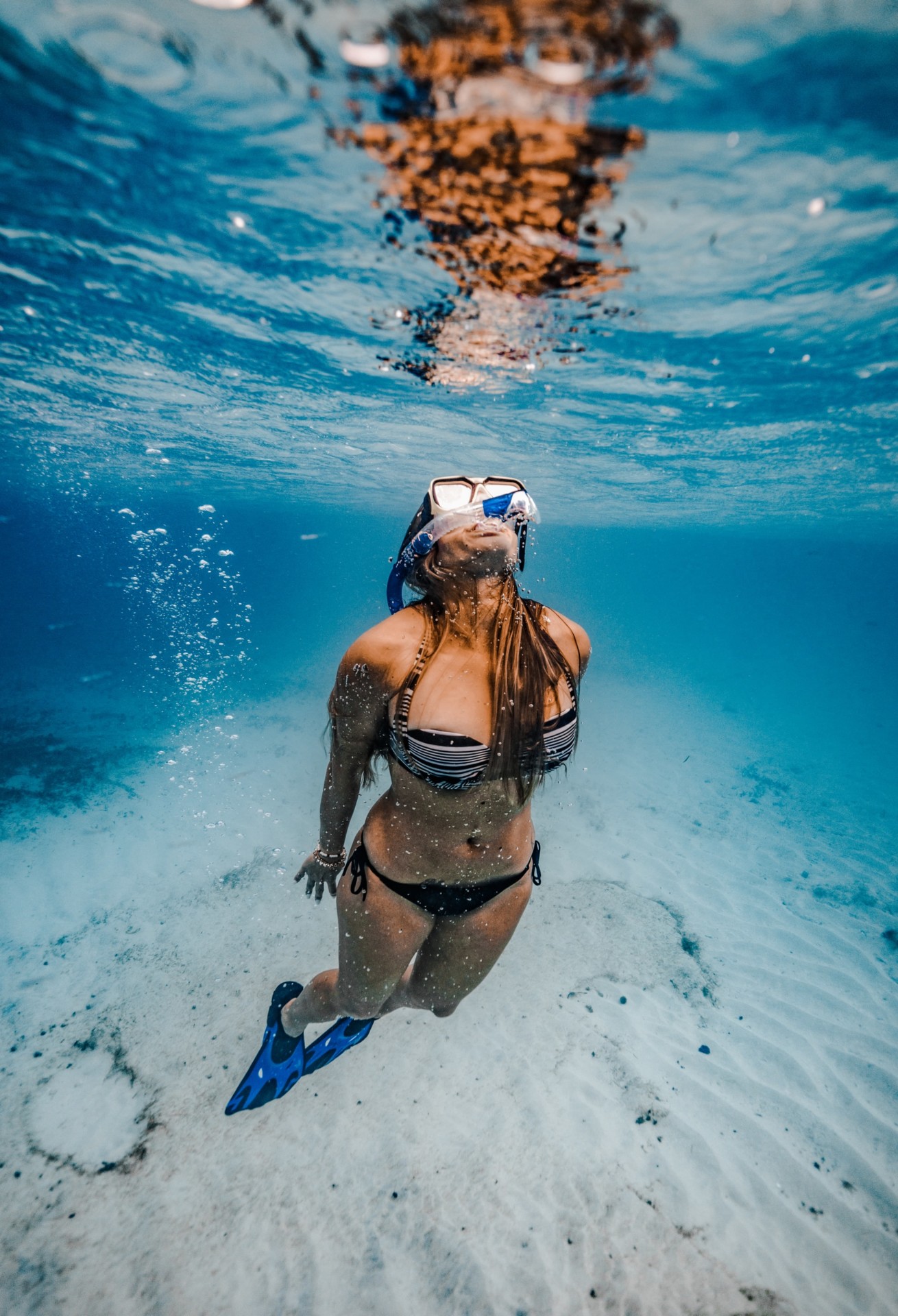
Can Snorkeling Cause a Sore Throat? 8 Common Causes (+Tips)
-
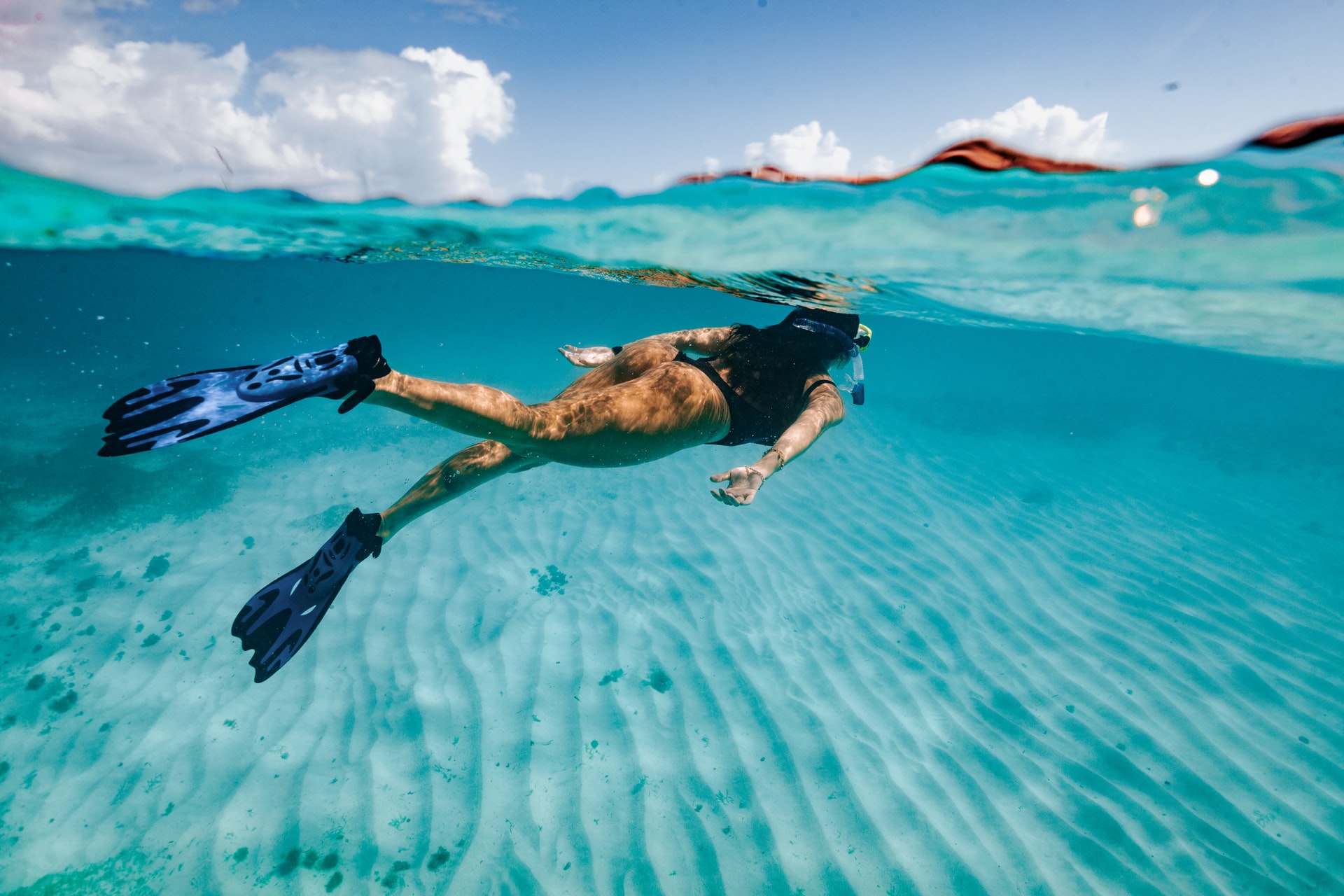
Can Snorkeling Cause Vertigo? (+8 Tips to Avoid It)
-
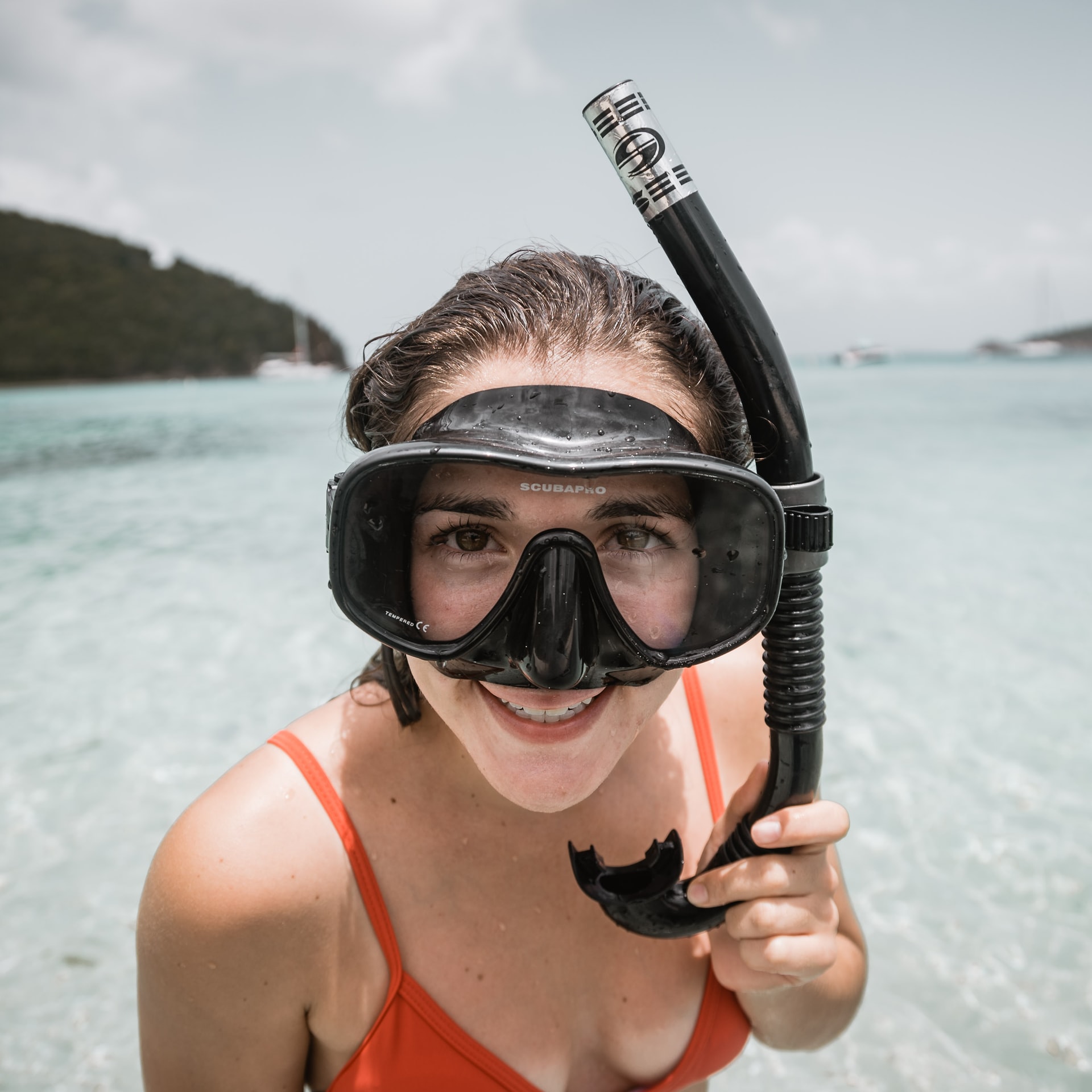
How Do Snorkel Masks Work? (+Regular Vs. Full-Face Masks)
-
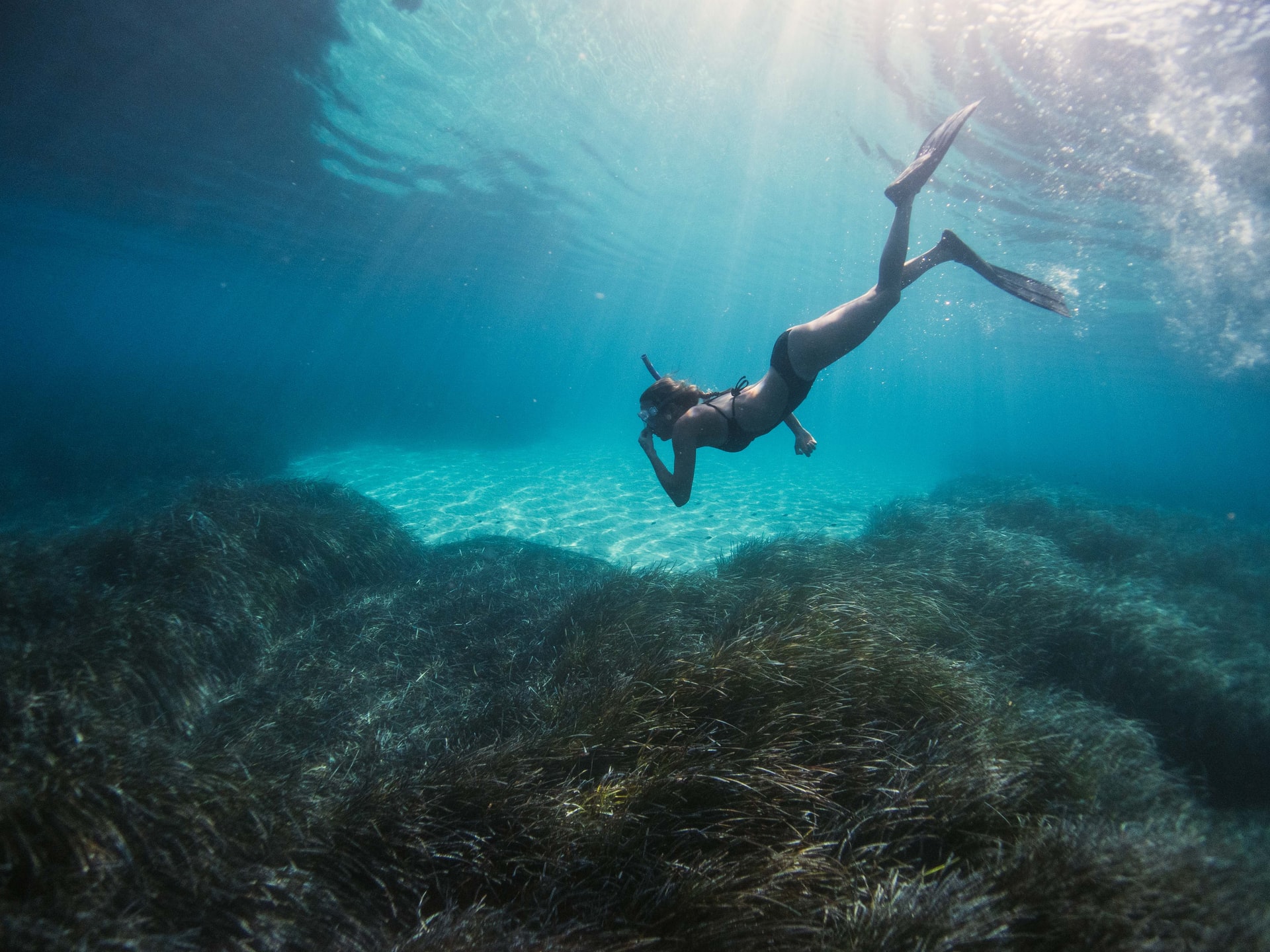
Why Does Snorkeling Make Me Nauseous? (11 Causes & Remedies)
-
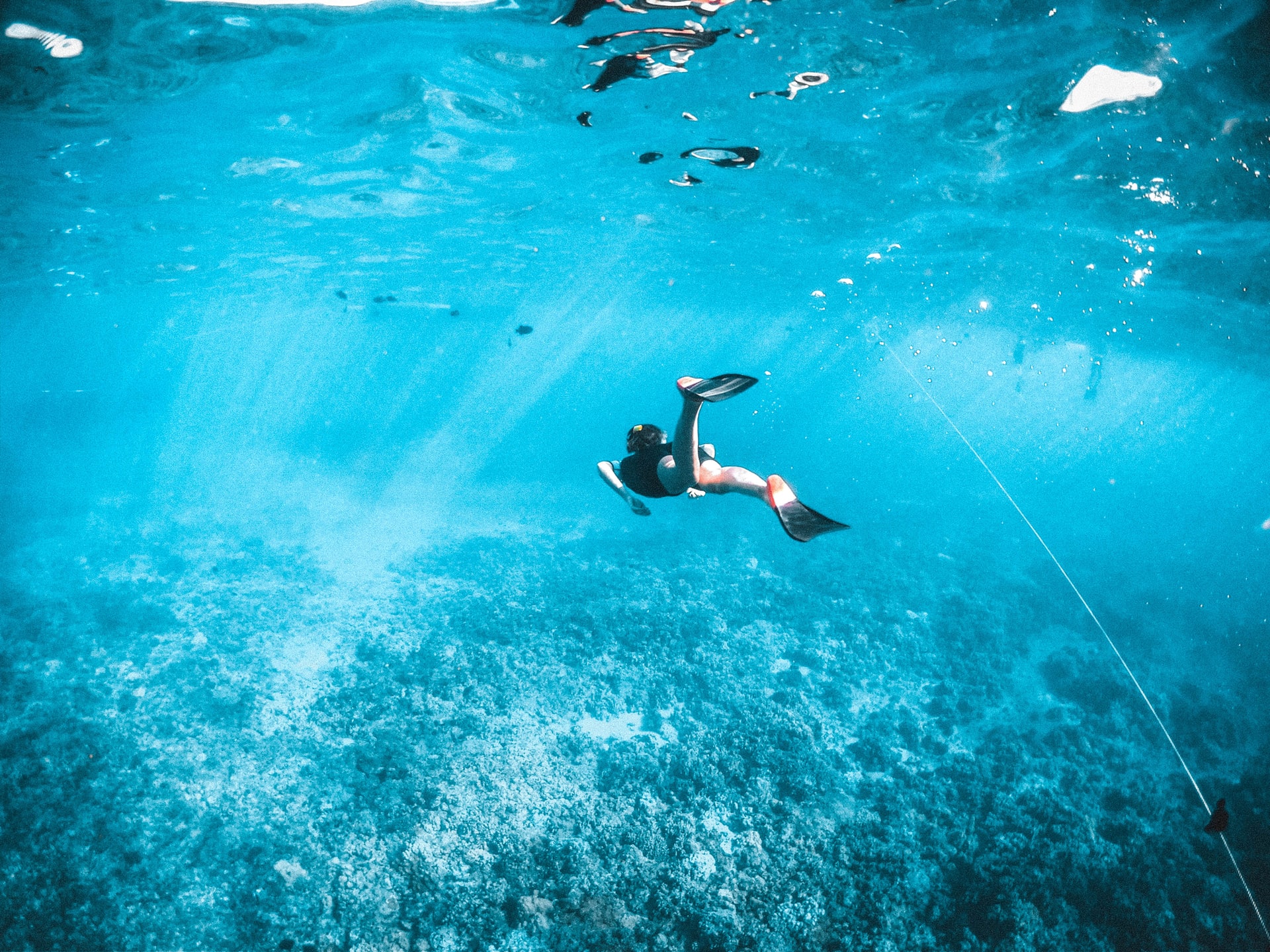
What Does Snorkeling Feel Like? FAQs Answered (for Beginners)
-
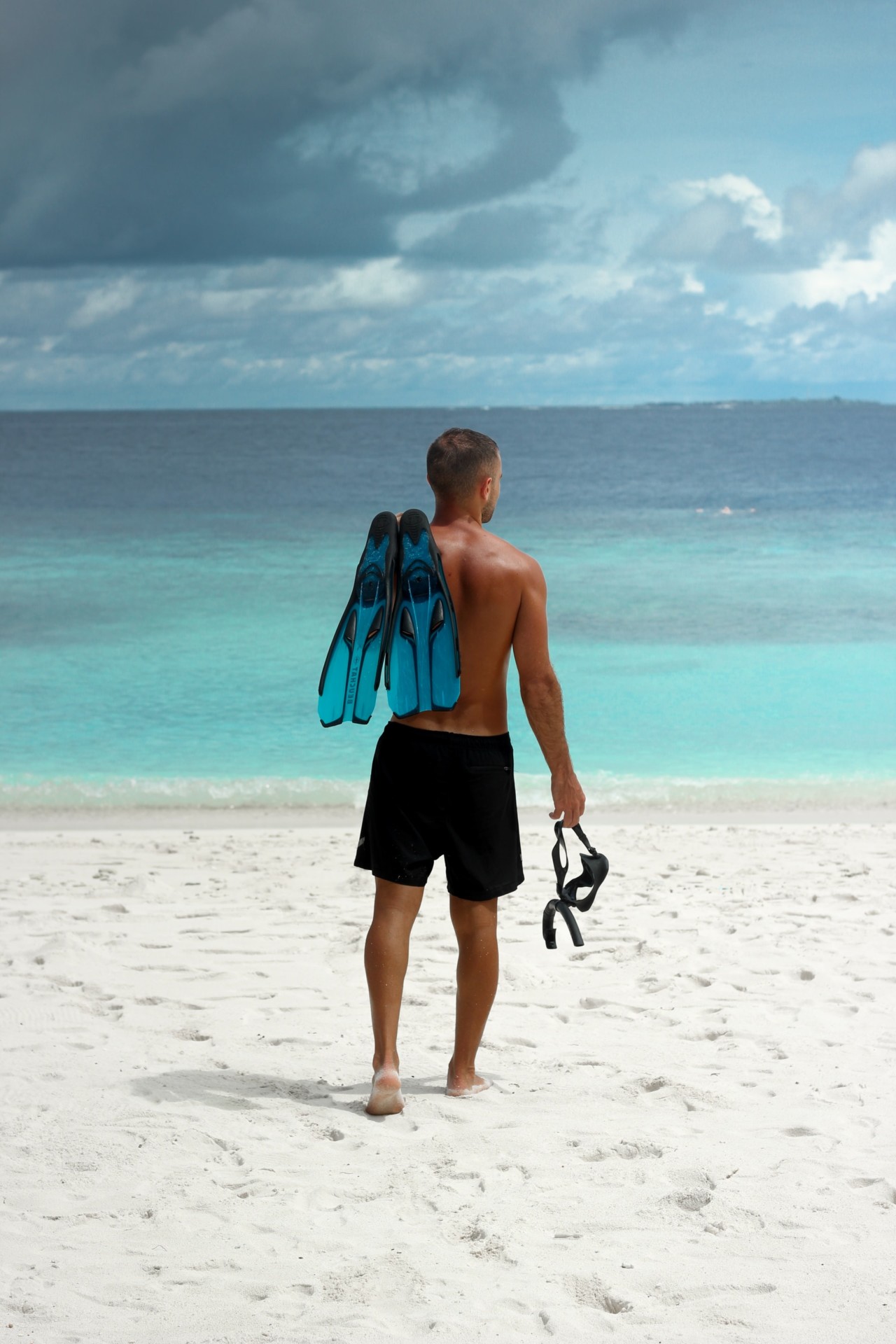
Does Rain Affect Snorkeling Visibility? 4 Ways It Does (+Helpful Tips)






